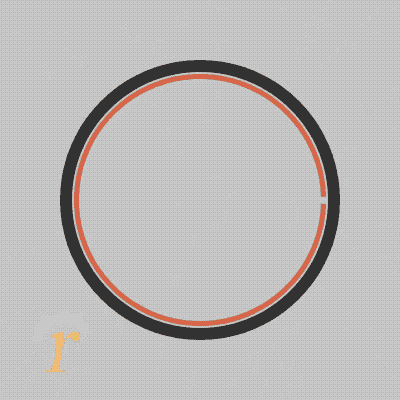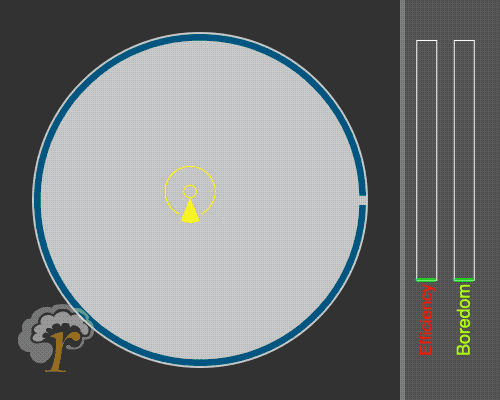You reach for a spoon to eat your cereal. With hand in mid-air, your phone pings with a juicy notification that you just can’t resist. A simple distraction. The phone is closer to you, and your hand and attention divert to take a look. The spoon is no longer the focus of your attention, and it could soon slip your mind altogether. Who is really in charge of your attention?

I can only speak for myself, but I amaze myself with my ability to start a task with the best intentions, and then drift off and lose focus. I find myself reaching out for distractions and coming up with all sorts of plausible things I should be doing instead. And this is when the task I set out to do is something I wanted to do.
Attention is a slippery thing. Even when you do get hold it, it can quickly escape your grasp. It can be at the mercy of forces that seem to be outside your control. What’s worrying about this is: if I am not in command of my own brain and what it’s working on, then what or who is?
If I am not in command of my own brain…who or what is?
Well that depends on what you mean by the ‘I’ in “If I am not…”. There may be only one person when you look in the mirror, and that person may have a single consciousness (though some theories of consciousness may argue that there is nothing singular about it – a subject for another day). The consciousness is the bit of you that you are aware of, that you are able to experience and control. If you decide to pick up a spoon, this is the bit that makes that decision, and gives the order to reach towards the spoon. But what about coordinating all those tiny subtle muscle movements in the right order to reach and grasp the spoon. Who is controlling those? Unless you are an infant, or recovering from an injury, it probably is not the conscious you. That would be exhausting. Hidden parts of your mind are taking care of these learned behaviours.
Incoming distraction
What if, as you were reaching for the spoon, a notification pinged on you mobile phone, located a little closer to you than the spoon? Your attention would shift, and you would just have to glance to see if the screen told you anything enticing. If it does, you might abandon the spoon and pick up your phone, or you may shrug and carry on. Either way, something, that was not the conscious you, became aware of the phone, interrupted your current task in the spotlight of attention, and stuck itself in the way. It’s possible you might forget you were ever after that spoon at all. It’s trivial example, but I’m making the distinction between bottom-up awareness, driven by your automatic brain with its basic drives, and top-down processing from your conscious, goal-focussed mind. Along the way I am highlighting the fact that You are much more than the single conscious experience that you are aware of moment to moment, and that you have direct, voluntary control over.
To learn more about attention and play a game to illustrate just how slippery it can be, take a look at the full article.
See the full Attention Article
A full discussion of attention, illustrated by an interactive game to help you think about how it works


Play Games
Each Game level introduces a new idea about attention


Recent Comments